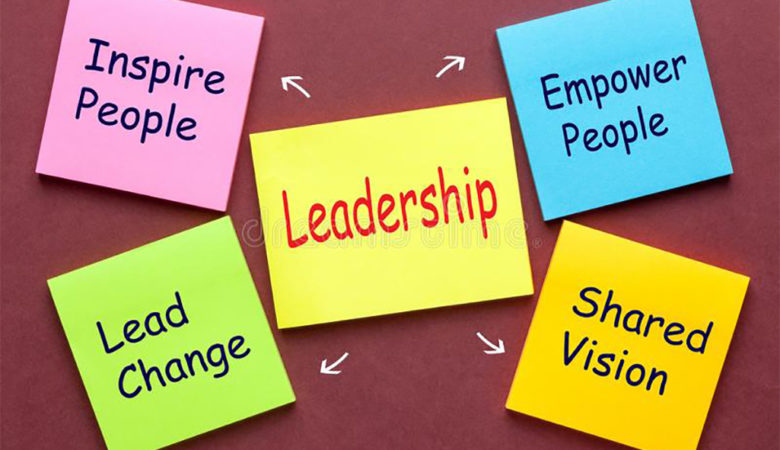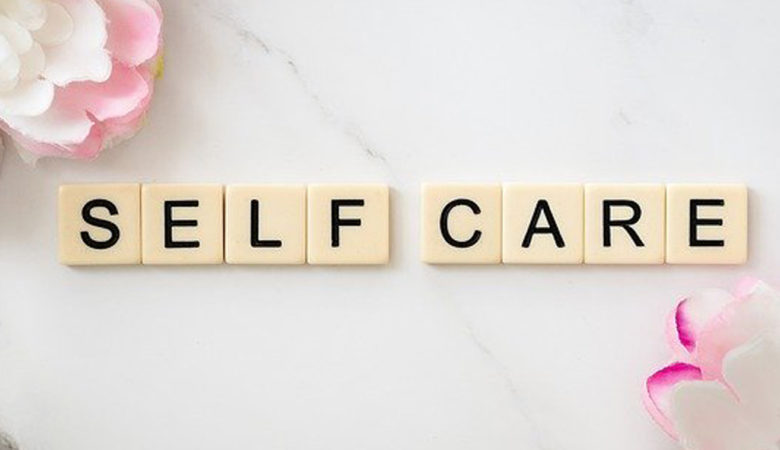“A person who feels appreciated would always do more than what is expected” – Amy Rees Ander
I have always believed that rewarding people and showing appreciation is like a weapon or a fuel that ignites more passion for what they do.
Appreciating and recognizing employees is very pivotal in an organization. To attain all-around success in the workplace at any level, you need to understand the psychology of praising others for their good work. By having an employee appreciation system, there is a pattern that follows a specific path with the ultimate goal of attaining success by whatever means possible. It is important to state that a paycheck is not the only way to drive people to work hard and do well.
Why should you reward your employees?
Rewards and Productivity
Rewarding team members within an organization is the drive that pushes people to work harder and be more productive. There is a saying that “people will always work harder when they know they are appreciated,” and research backs it up. Millennials consider rewards as essential to their happiness at work, meaning that employers have a responsibility to incorporate reward and recognition programs into their companies if they want to attract and retain younger workers.
Employee Rewards Make Happier Employees
Most employers care about their employees and want them to be genuinely happy and pumped up about working at the organization. After all, happy employees are usually productive employees, and happy employees contribute to higher morale. When morale is high, turnover is low, and the business has a greater chance of being successful and hitting revenue targets.
Rewards Work Better than Punishment
It is advisable for employees to focus more on rewarding than threatening with punishment that is if you seek to motivate them. Promising rewards for specific actions trigger the “go” response that gets people to act in order to receive the words. Trying to scare people into action via threats about the bad things that are going to happen if they don’t act is likely to create more fear and anxiety, which can thwart action.






Leave a Reply